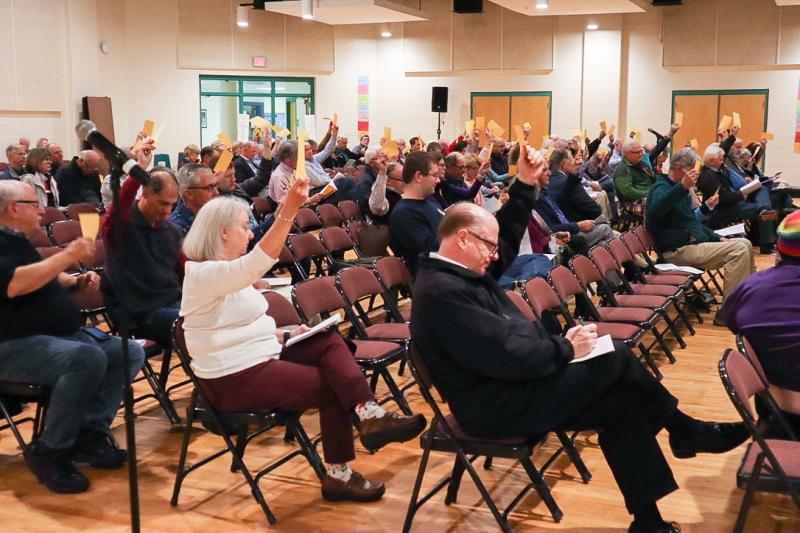Short-term rental regulations on agenda at Special Town Meeting
ROCHESTER — Voters will consider two proposals that make changes to the zoning bylaws at the Monday, Jan. 27 Special Town Meeting and, if passed, would significantly regulate short-term rentals.
The first zoning bylaw change voters will consider creates specific guidelines for the owners of short-term rentals, such as Air-BnBs and VRBOs.
Although Rochester only has one known short-term rental within the town limits, Town Administrator Cameron Durant said the guidelines would “get ahead” of any potential issues.
The second article voters will consider lays out the implementation of the Affordable Homes Act, which the state passed in August.
The act amended zoning laws statewide to allow properties zoned single family to have a second independent living space, commonly known as an accessory dwelling unit. These residences can be attached to the property, such as attics and garages, or detached like small outbuildings and must be no larger than 900 square feet.
This proposal specifically prohibits renting accessory dwelling units on a short term basis.
Both articles aim to address housing in Rochester with the first preventing abuses in the existing short-term rental market and the second regulating future development as the state law takes effect.
“We don’t wake up one day and a couple companies in New York buy up properties and turn them around as weekly rentals,” Durant said.
The proposed regulations would require that all short-term rental owners register their properties with the Rochester Building Department. Additionally, the number of short-term units within the town limits is capped at 30.
Each property must also undergo an inspection and follow all existing laws and building codes, as well as health and safety measures. Owners will also be required to maintain a guest log for two years.
The regulation also stipulates tax changes with owners required to pay a state room occupancy tax. The Select Board also has the ability to add an additional surcharge to help the town address the increased demand on public services, such as emergency response. The exact cost of the surcharge has yet to be determined.
The second proposal details the additional design regulations, parking requirements and other local guidelines accessory dwelling unit owners in Rochester must follow.
“It is better to have something to Rochester-ize this [law],” Durant said.
















